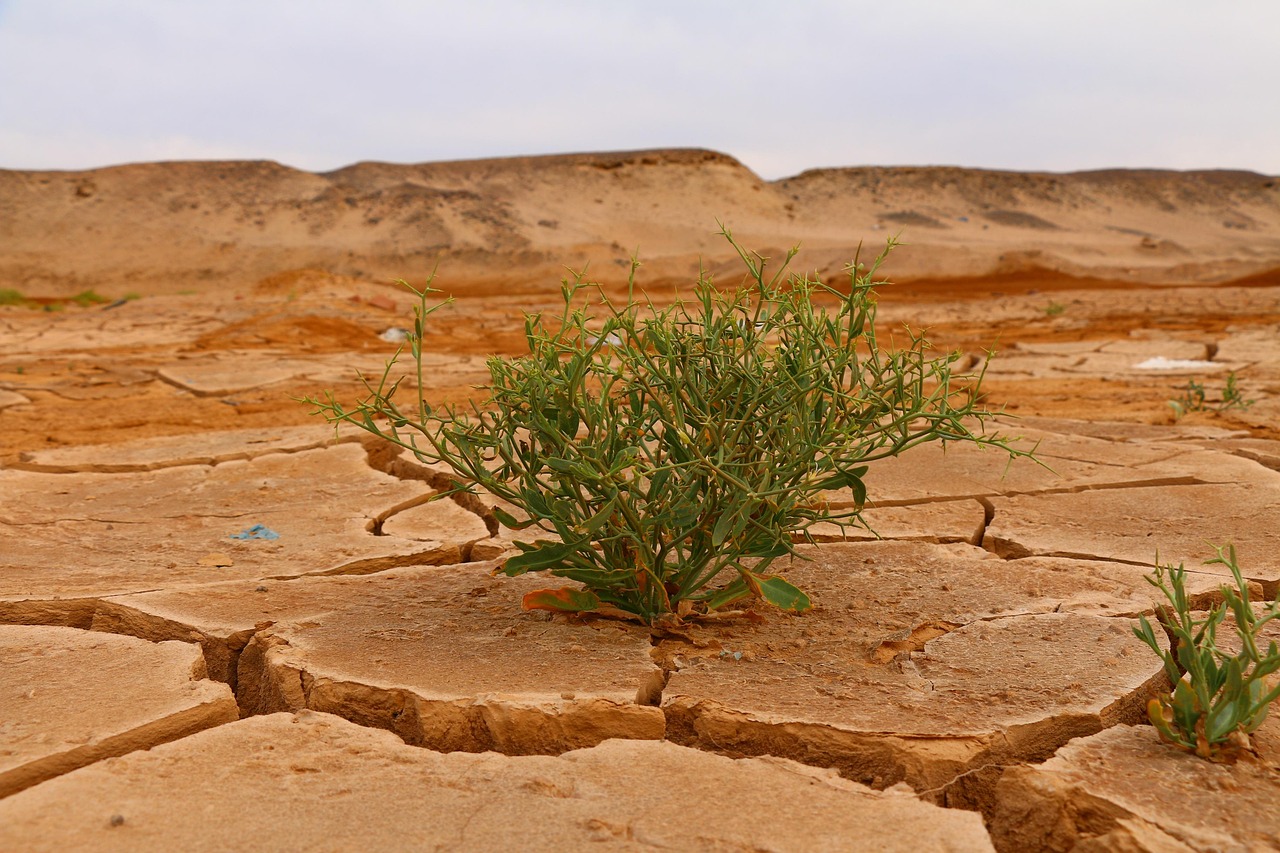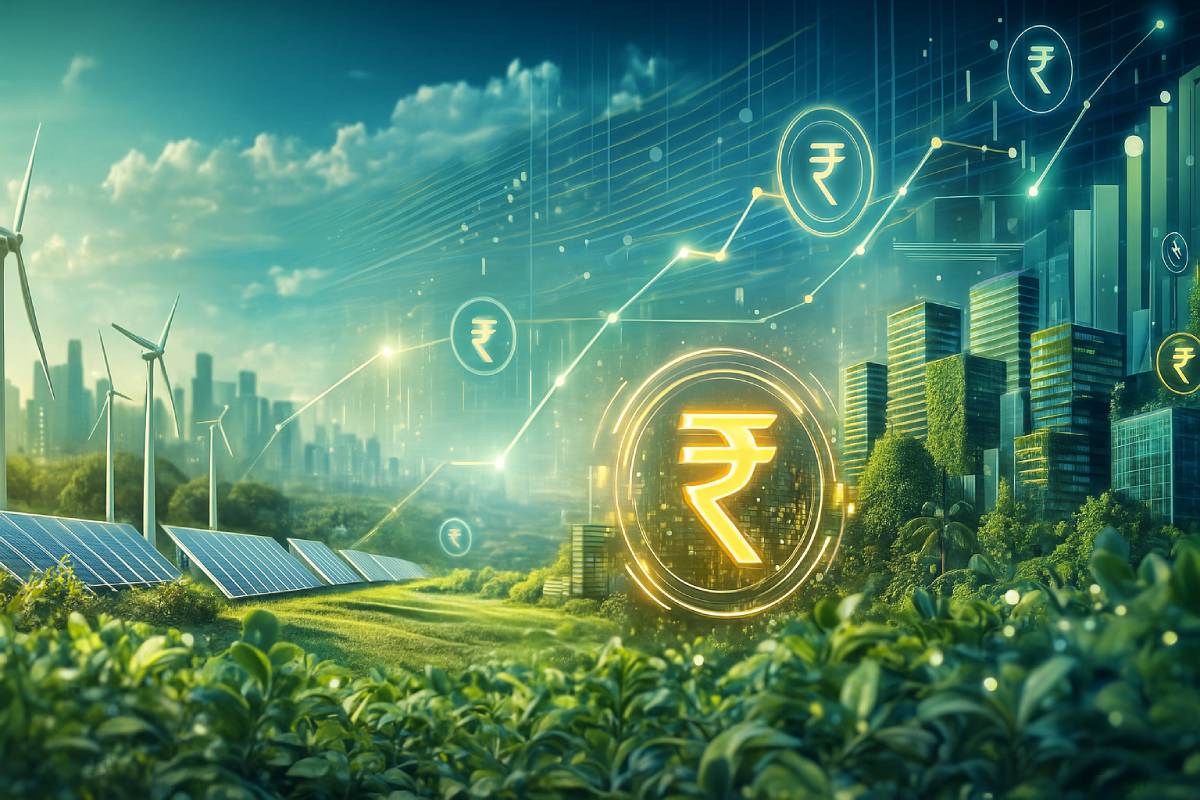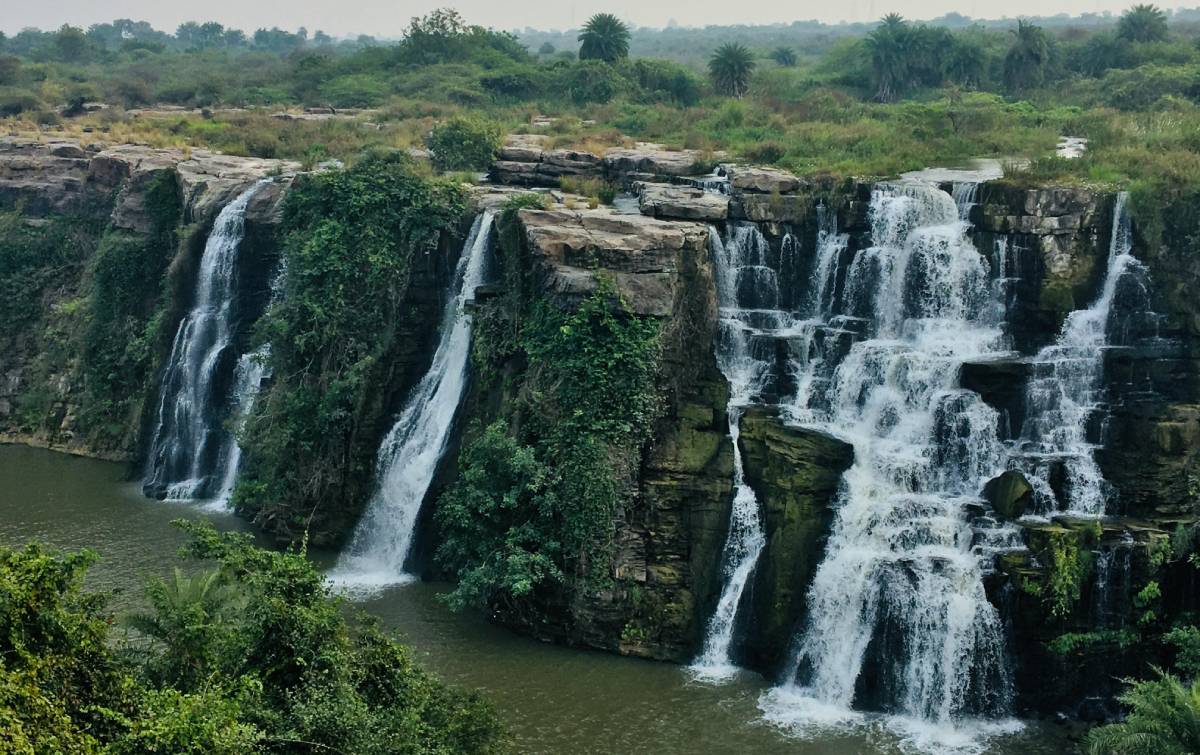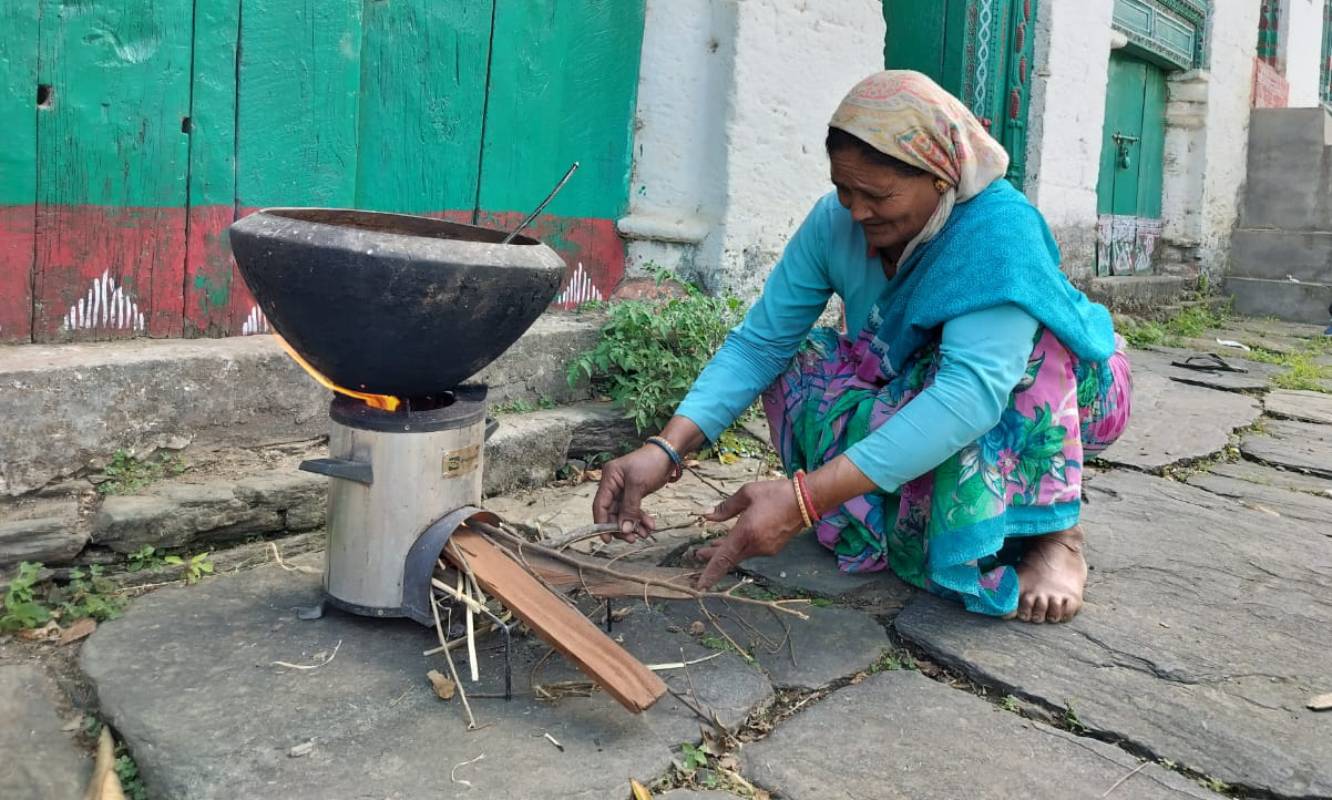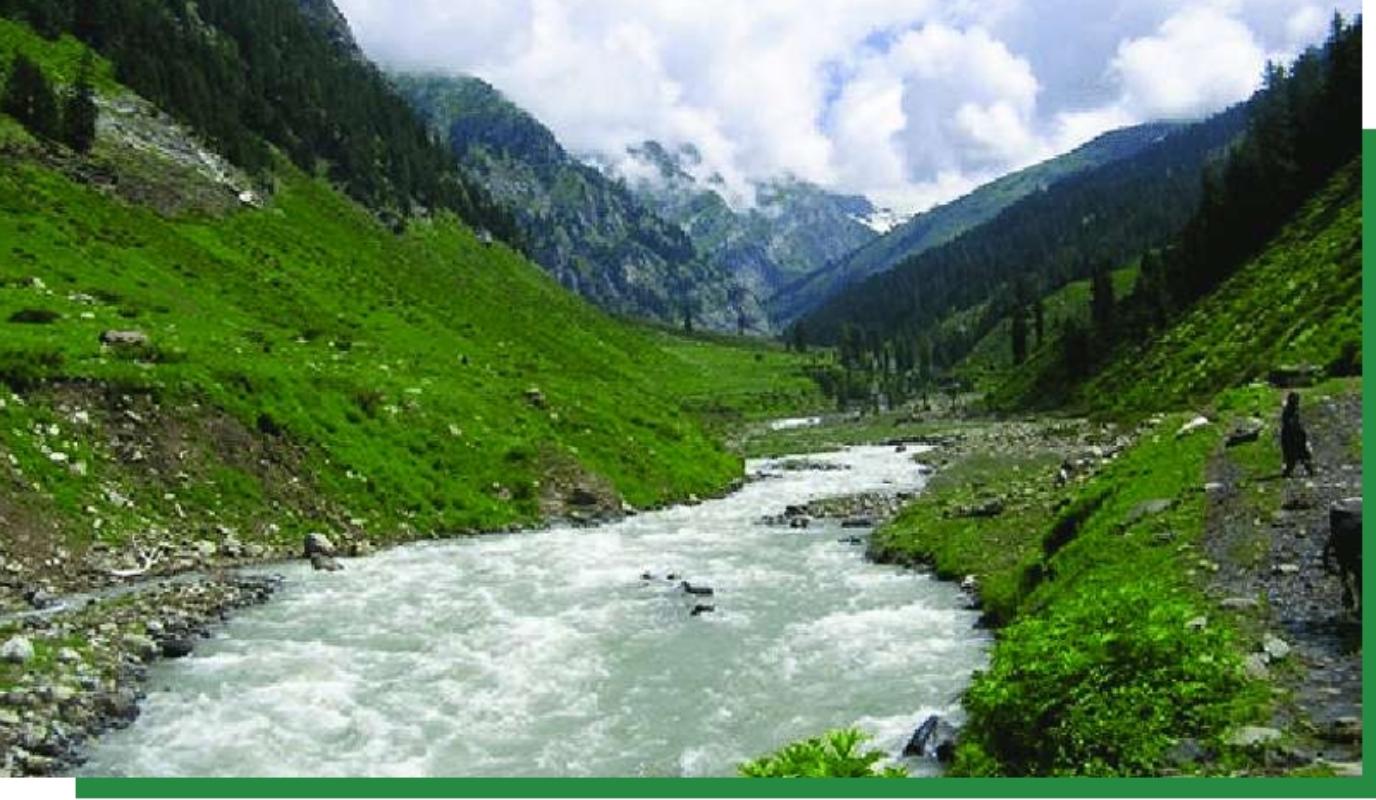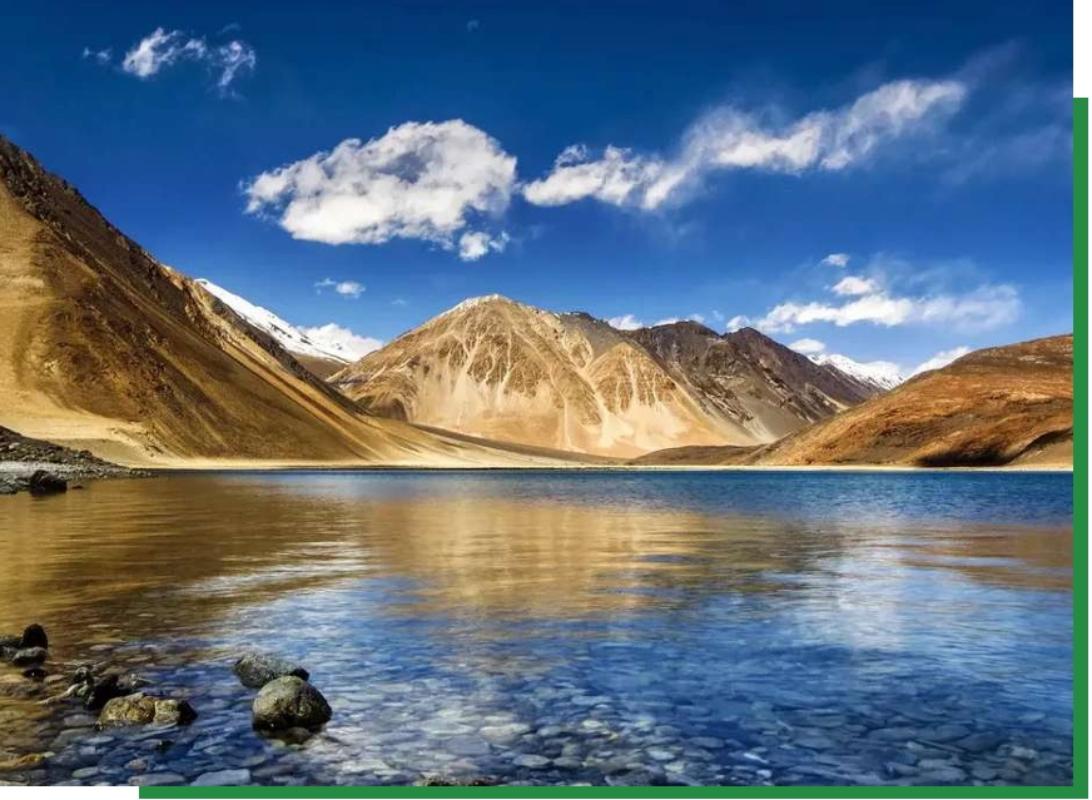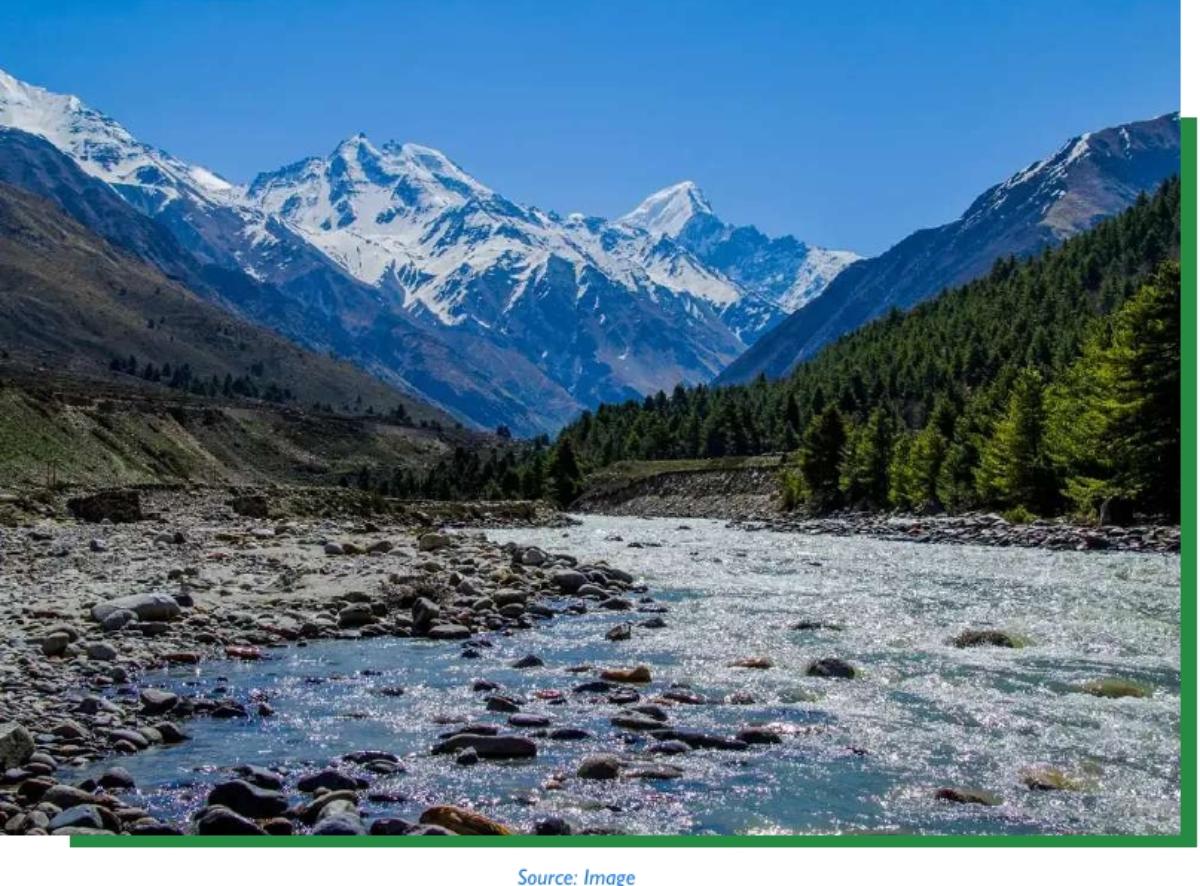The Indian Society for Ecological Economics (INSEE) and Centre for Economic and Social Studies (CESS) organized a three-day conference on ‘Climate Change and Disaster: Challenges, Opportunities and Responses’ from 6-8 November 2019 in Hyderabad. Through plenary sessions and number of parallel sessions and technical session the conference deliberated on issues related to climate change phenomena, impact, mitigation and adaptation, extreme weather events and disasters, climate justice and equity and building climate resilience. The RGICS provided me an opportunity to participate in this seminar to build my capacity as an environment and natural resource public policy researcher. I attended three plenary sessions and few technical and Panel Sessions in the three days of the seminar. This report is a brief description, observations and learning of my participation.
Climate change and Science:
- There was couple of plenary and technical sessions on scientific research on climate change. A panel of IPCC scientists presented the way IPCC work and explained how various reports of IPCC (intergovernmental Panel on Climate Change) have influenced global policies related to climate change.
- Scientists from IPCC claimed that their report writing is scientifically robust and procedurally democratic. The entire report writing cycle provides expert and independent reviewer to feed in the information and strengthen the report.
- The IPCC have scientists from all over the world but compared to India’s strength there are very few people in the IPCC from the country. The panel urged INSEE and other policy influencing institutions in India to push the government of India to recommend more scientists from India for the IPCC panel.
- The latest special report of IPCC on 1.50C is based on various research paper published all over the world. It used modeling to recommend policy intervention to restrict increase of global temperature. However, the report also suggests that INDCs adopted by nation states are inadequate to restrict global temperature below 20
- The climate change modeling for various sectors such as whether forecast have reliably improved in the last few years, however, modeling related to number of other issues are yet to be developed to predict the impact of climate change in the future.
- As of today, various climate change modeling are knowingly underestimating impact of climate change.
Climate Change Mitigation and Adaptation Strategies:
- Globally the Sustainable Development Goals (SDGs) adopted by nation states provides broad framework to act locally to adapt and mitigate.
- However, there seems to be contradictions and disconnect between different SDGs.
- Global climate negotiations are also not very effective as each nation thinks differently about carbon reduction.
- Many countries are proactive in reducing their carbon emissions, and probably such initiative can motivate others to act responsibly.
National Strategy to Mitigate and Adapt to Climate Change:
- Regeneration of natural resources has been in the core of India’s effort to mitigate and adapt to climate change.
- The MGNREGA has emerged as flagship program to invest in regeneration of natural resources to address issues of climate change.
- More than two-thirds of MGNREGA fund is invested in regeneration of water, soil and forest.
- State governments have also announced many schemes for regeneration of natural resources, however, in all such schemes MGNREGA is major investment mechanism.
Policy Recommendations for Strengthening MGNREGA:
- Since MGNREGA is the flagship program to address issues of climate change in India at local level, it needs to be strengthened to be more effective. The government has effectively tried convergence of human, physical and financial resources to strengthen this scheme. However, there has been no attempt to explore the convergence of skills, technology and science to improve this program.
- The MGNREGA activities require scientific knowledge and data to make its intervention effective to mitigate the impact of climate change or prepare communities for adaptation. The nodal agency – Rural Development/Panchayat does not have these skills and knowledge. Therefore, relevant agencies need to be approached for the convergence of technology, knowledge, information and skills.
- MRGNERA should also go for geo-tagging of its intervention and focus on building capacities of Panchayat Raj Institutions (PRIs) to improve its outcome.
- It also requires GIS based planning to effectively plan and implement activities related to regeneration of natural resources in a village or in a cluster of villages.
Policy Recommendations for Integrated Water Resource Management (IWRM):
- The IWRM should be based on the use of technology, convergent planning and implementation and building capacities at local level.
- Improving strategies related to water management by improving planning process and financial mechanism.
- Integrating climate adaptation approach with IWRM at local level.
- Strengthening co-operation with the private sector to address issues of integrated water resource management
Policy Recommendations for Climate Change Science:
- Climate change modelings have progressed a lot in the last few years. However, they remain accessible only to the scientific community due to their complexities and technicalities. Further, these modeling are limited to analyze and predict climate change impact at global or national level. Scientists have two major challenges; one, they have to develop climate change modeling for local level and second they have to make them easy so than ordinary person can use them.

